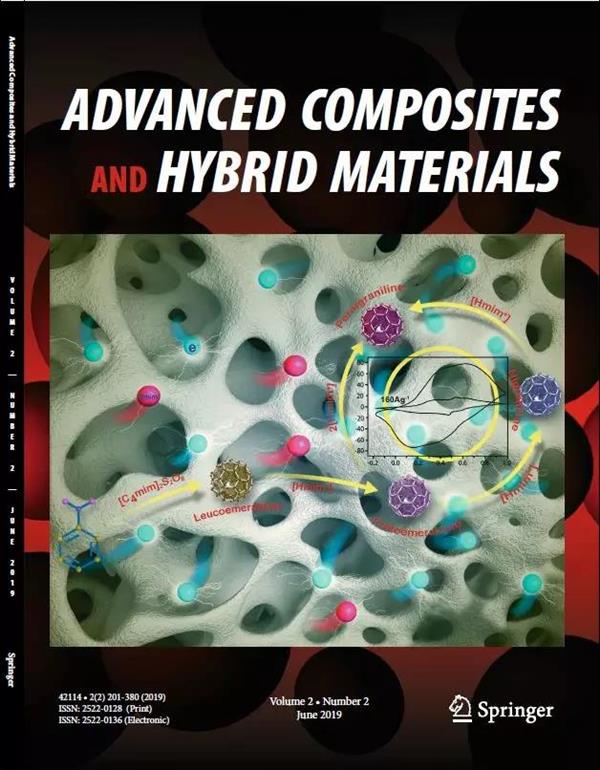Meta-structure of amorphous-inspired 65.1Co28.2Cr5.3Mo lattices augmented by artificial intelligence
Abstract
A hatching-distance-controlled lattice of 65.1Co28.2Cr5.3Mo is additively manufactured via laser powder bed fusion with a couple of periodic and aperiodic arrangements of nodes and struts. Thus, the proposed lattice has an amorphous-inspired structure in the short- and long-range orders. From the structural perspective, an artificial intelligence algorithm is used to effectively align lattices with various hatching distances. Then, the metastable lattice combination exhibits an unexpectedly high specific compression strength that is only slightly below that of a solid structure. From the microstructural perspective, the nodes in the newly designed lattice, where the thermal energy from laser irradiation is mainly concentrated, exhibit an equiaxial microstructure. By contrast, the struts exhibit a columnar microstructure, thereby allowing the thermal energy to pass through the narrow ligaments. The heterogeneous phase differences between the nodal and strut areas explain the strength-deteriorating mechanism, owing to the undesirable multi-phase development in the as-built state. However, solid-solution heat treatment to form a homogeneous phase bestows even higher specific compression strength. Furthermore, electrochemical leaching leads to the formation of nanovesicles on the surface of the microporous lattice system, thereby leading to a large surface area. A more advanced valve cage for use in a power plant is designed by using artificial intelligence both to (i) effectively preserve its mechanical stiffness and (ii) actively dissipate the generated stress through the large surface area provided by the nanovesicles.

 求助内容:
求助内容: 应助结果提醒方式:
应助结果提醒方式:


